AUGUSTA — The acting director of the Statewide Homeless Council touted a decrease in homelessness across Maine on Tuesday at a news conference in Augusta while urging businesses and the private sector to step up because there isn’t enough public money to fight the problem.
Cullen Ryan, also the executive director of Community Housing of Maine, said that despite the encouraging numbers, there’s still a lot of work to be done.
“Many people have been working collectively to end homelessness in Maine,” Ryan said. “We have a clear plan and we are making progress in ending homelessness, but we still have a long way to go.”
According to statistics provided at the event, Maine experienced a 9 percent reduction in homelessness from fiscal year 2016 to 2017. There were 6,373 unique clients this past year, down from 7,020 the year before. There was also a 21 percent reduction in the average length of stay in homelessness and a 14 percent drop in veterans experiencing homelessness. There has also been a 73 percent reduction in single, adult long-term stayers — people staying more than 180 cumulative days in shelters or outdoors within a 365-day period.
“I’m pleased by these numbers, but it’s an awesome task to try and end homelessness,” Ryan said.
Tiffani Melia, 20, was recently homeless after aging out of the state foster-care system. But with the help of her caseworker, she has been living in her own apartment above the Mid-Maine Homeless Shelter in Waterville as part of its youth empowerment support program. She works in customer service and plans to take classes at the University of Maine at Augusta in the fall.
She said she wasn’t aware of the Statewide Homeless Council or its plan to reduce homelessness in Maine. Melia said she sometimes struggles with mental health problems, but she has always been given help and support.
“I think they do a good job informing everybody,” she said. “I’ve had a really good experience and don’t think there are a lot of things I’d change.”
Melia plans to stay in the shelter’s program until she is 24; and when she leaves, she’ll receive a voucher for Section 8 housing.
“I’ve been lucky,” she said.
The state’s “Plan to End and Prevent Homelessness” was amended recently by a subcommittee of the homeless council for just the second time since the program was started in 2008, and it’s constantly evolving. The plan calls for everyone who is homeless to secure permanent housing with an adequate support network.
The country was in a severe economic downtown when the plan was introduced, and Ryan said that the decrease in homelessness seen over the last fiscal year can be attributed, at least in part, to the improving economy.
“When the recession hit, a lot of people were thrown into homelessness,” he said. “They were one paycheck away from homelessness; but when the economy goes up, it helps all people.”
Bill Higgins, an advocate for Homeless Voices for Justice and a former homeless veteran, said the plan helps explain the services that are available to help people avoid becoming homeless, while they’re homeless and after they’ve been placed in a home.
“It provides a basic understanding to those in need, those that want to help and the general public,” Higgins said. “While it’s impossible to end homelessness completely, (this plan) can help prevent it.”
The press event also highlighted an initiative started in 2015 by Camden National Bank to donate $100 to a community shelter each time a customer finances a new home. To date, the Hope@Home program has raised nearly $184,000 in support of 48 shelters throughout Maine, New Hampshire and Massachusetts.
“Our CEO was driving during the winter in Camden and noticed a family with children standing outside a motel,” said Renee Smith, the bank’s chief experience and marketing officer. “He came back and asked what we could do to make an impact in the community.”
Behind the scenes, Ryan said, MaineHousing helps with rental and housing assistance and support services to help people get housed and stay housed.
Maine State Housing Authority Director John Gallagher challenged businesses and others in the private sector to offer their support to the fight against homelessness.
“We’d like to see more private involvement in helping folks who are homeless and helping to end the problem in this state,” Gallagher said. “We are really pleased to see (Camden’s numbers), and they are doing a tremendous job.”
Ryan said despite the positive numbers, the 6,373 people who experienced homelessness are facing challenges the council is working hard to address.
“This is a difficult climate, and there aren’t the resources readily available that we agreed we need,” he said.
Ryan said poverty — specifically not being able to afford a home — remains the biggest reason why someone becomes homeless. Once someone is homeless, however, mental health, substance abuse and traumatic brain injury are some of the reasons why someone remains homeless. Unfortunately, those problems aren’t fixed as easily and take more than just money to solve.
Jason Pafundi — 621-5663
Twitter: @jasonpafundiKJ
Send questions/comments to the editors.


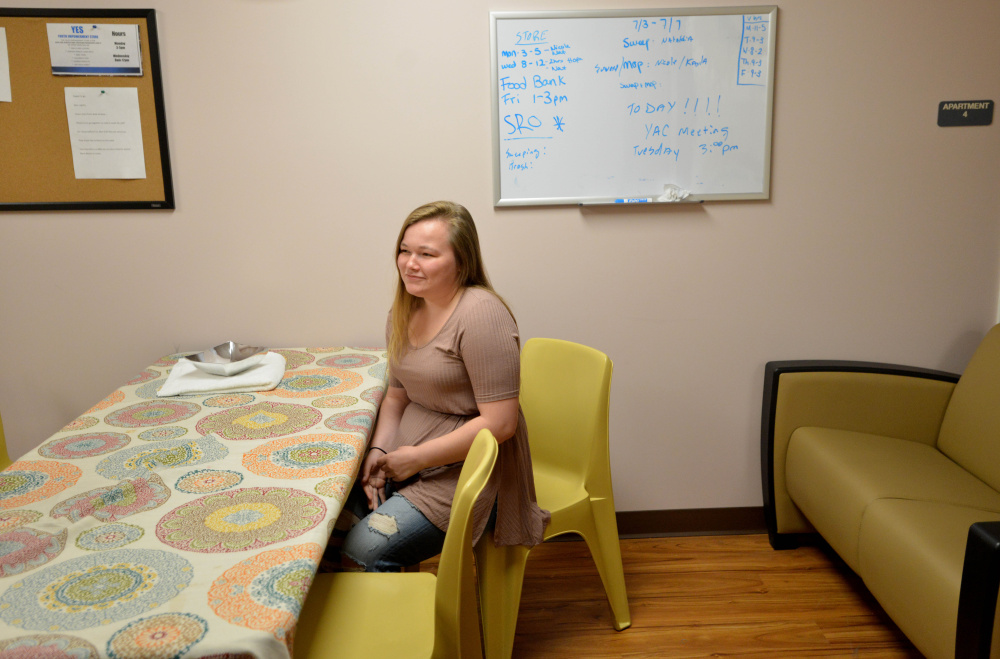
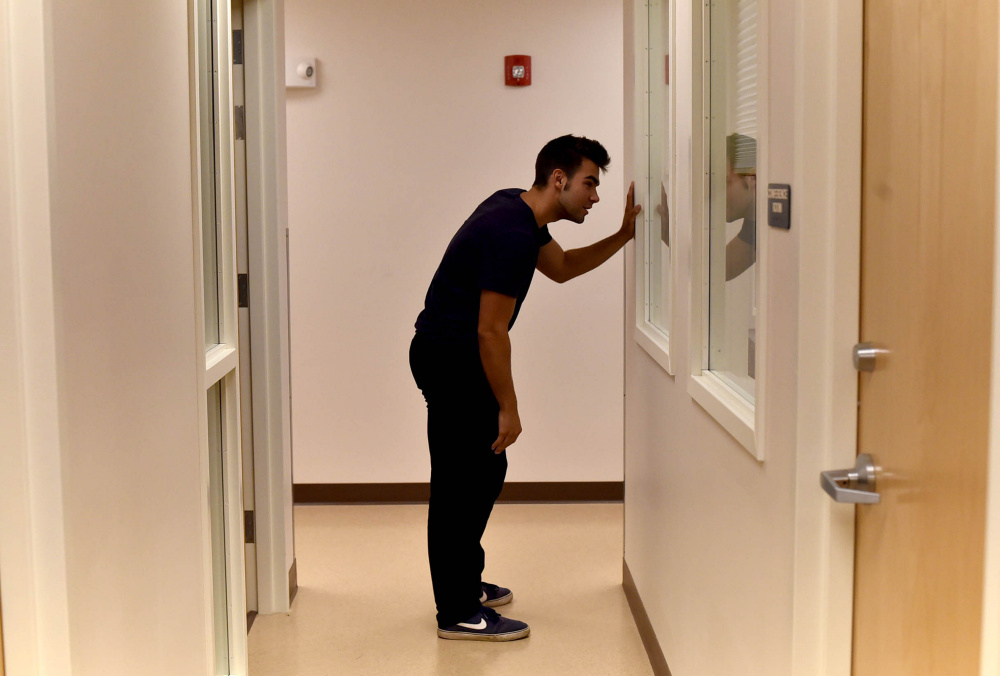
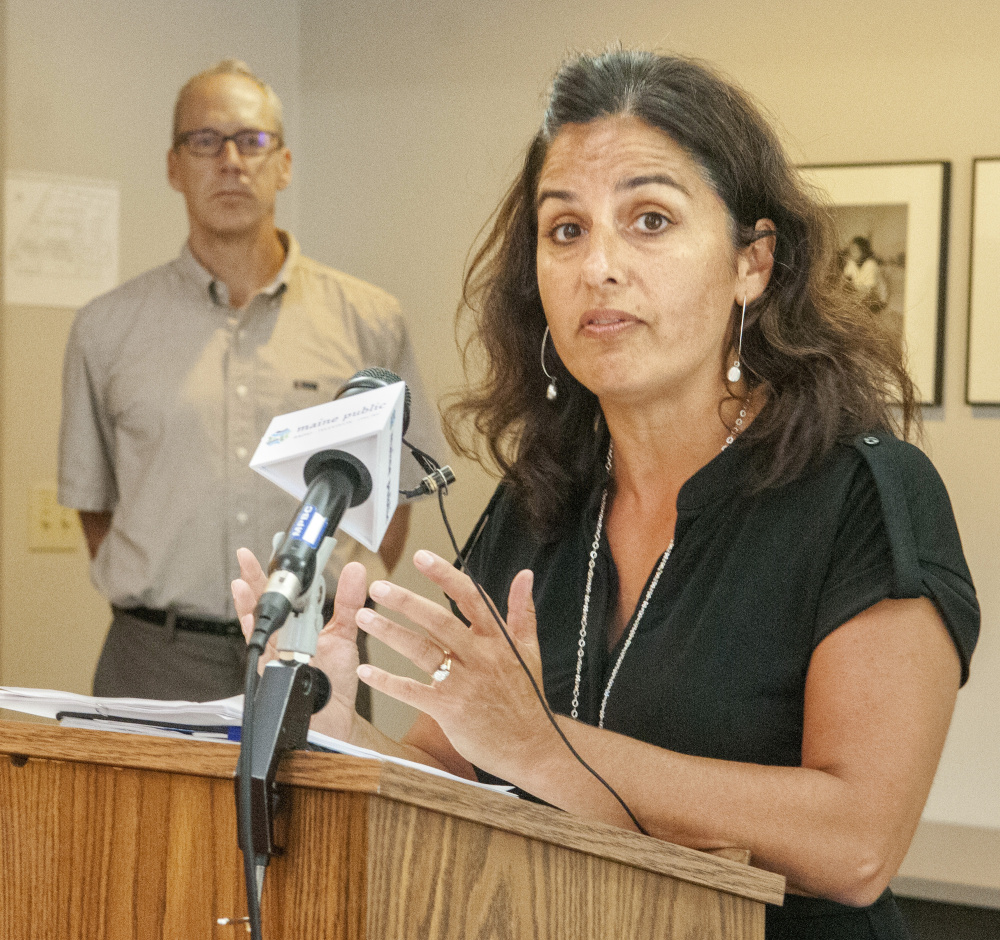
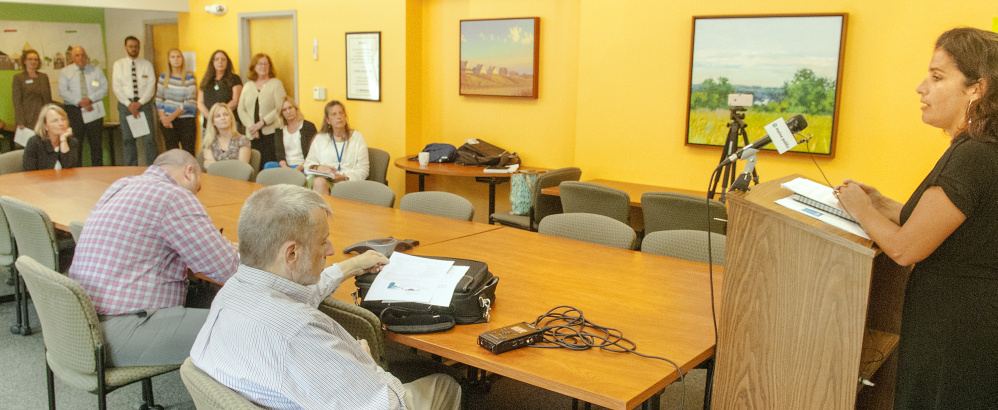
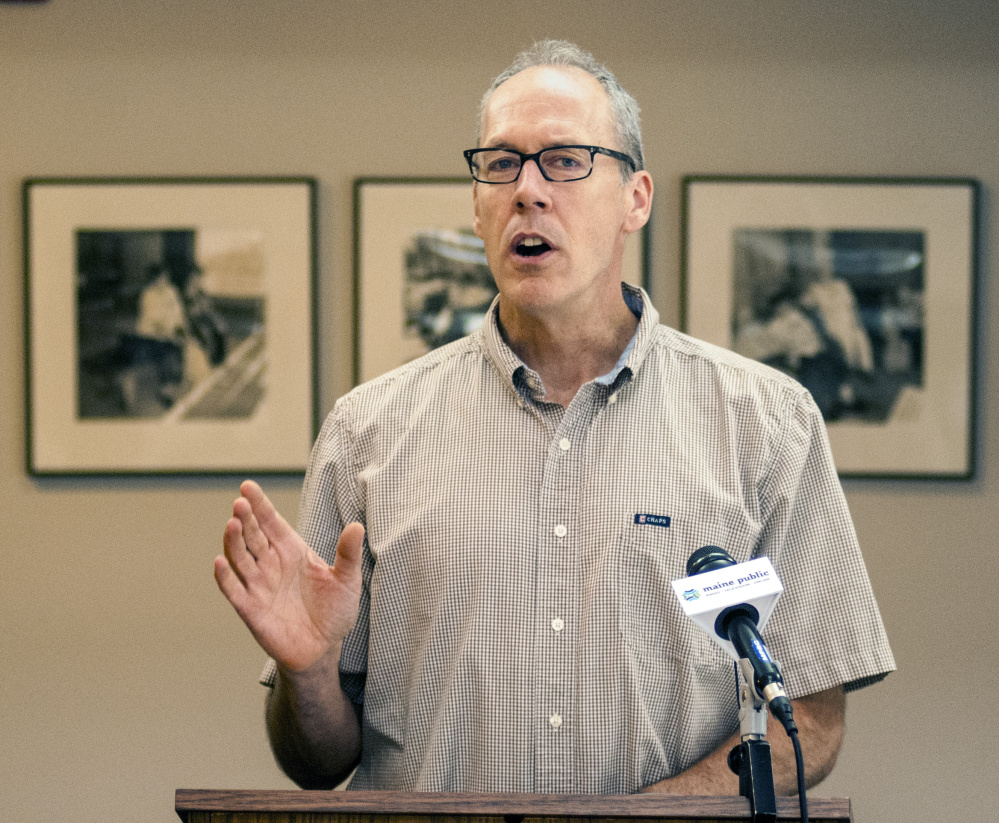

Comments are no longer available on this story